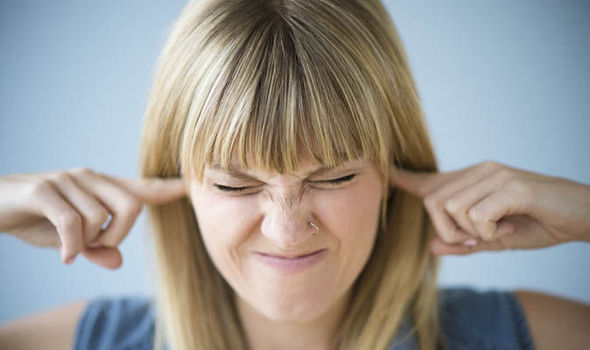Picture this: you’re settling into your CPR class where the teacher has the explicit rule of banning gum from his classroom due to kids being irresponsible with the disposal. You relax; finally, you can go through a period without hearing someone crack or chomp on their gum.
However, that’s when everything goes awry; you have a substitute and she doesn’t care to enforce the rule. Suddenly, in the midst of a video, the first crack sounds from right behind you.
Someone has began to chew gum and it is absolutely obnoxious, the downtime between the popping being that of wet, squelching noises as teeth grind the gum. Involuntarily, you find yourself in tears after a couple minutes, desperately snaking your headphones up through your zipped up jacket to avoid the teacher’s reprimands for using electronics in class.
Music is turned on, soft enough to partially block the noise while still allowing you to pay attention. The rest of class is agonizingly slow as you miss several answers and have to get them from your table partner, all with the gum chewer behind you none the wiser to the emotional rollercoaster you’ve gone through.
The bell ringing is your savior and you nearly run from the room, getting away from the horrid noise as soon as possible.
How this entire scene plays out seems to like an overreaction, right? It’s just a little bit of noise, why would anyone have such an agitated response?
 Well, that would be due to the disorder known as misophonia.
Well, that would be due to the disorder known as misophonia.
Misophonia is defined as “a disorder where people have abnormally strong and negative reactions to the ordinary sounds humans make, such as chewing or breathing.” This disorder can be developed at any age, though it mostly starts to appear in late childhood and early teenage years.
Everyday sounds such as these when heard by someone suffering from misophonia can result in a fight or flight type of response that can lead to feelings of panic, anxiety or rage.
People with misophonia usually realize how excessive their response is and, in turn, they tend to feel out of control of their emotions whenever it gets triggered.
Some symptoms are: irritation or disgust turning into anger, becoming verbally aggressive towards the person making the noise, being physically aggressive towards objects or the person making the noise or taking evasive action to escape the source.
Sometimes people even mimic the sound as it helps them feel better (for example, mimicking how someone’s mouth moves when they chew gum loudly).
The most common triggers are eating sounds, followed by loud breathing or nose sounds, and the trio of horrid sounds is rounded off by finger or hand noises.
However, misophonia isn’t entirely limited to noises: repetitive movement such as someone bouncing their knee can set a person off as well.
As this is a relatively newly identified disorder, there aren’t any specific treatments available. Studies show that ways to improve your environment are by using earplugs or headphones to drown out the noise, seeking a therapist, practicing self-care and even explaining your situation to family and friends.
From one misophonia sufferer to another: here’s to hoping we can someday relax when someone snores or chews their gum with their mouth wide open.
Erika Brandenburg
Reporter

